The cost of being a superhero conflicts with personal lives in the debut of Image Comics’ Torrent, from writer Marc Guggenheim, artist Justin Greenwood, colorist Rico Renzi, and letterer Keith Wood. This first issue sets up an intriguing spin on the superhero genre that subverts expectations. The creative team uses familiar genre trappings to lull readers into a false sense of security before changing things up and exploring the tragic cost of heroism.
Michelle Metcalf is an ordinary soccer mom with a loving family. She volunteers for the PTA and shares dinner with her husband and son. She just happens to have a secret: she is also the superhero known as Crackerjack. As Crackerjack, Michelle is a beloved and wisecracking hero and mentor. She’s even managed to find a balance between civilian life and heroics. It’s a seemingly perfect life. But an old enemy is waiting in the wings, and he’s ready to tear down this idyllic existence.

After a dark prologue that teases things to come, Torrent starts as a straightforward and familiar superhero adventure. But by the issue’s end, expectations are blown out the window with genuinely shocking consequences. The quippy and playful first half of the book plays like one of the CW’s Arrowverse shows, which Guggenheim produced. Trading on the familiarity of that formula makes the divergence into darker territory all the more surprising. Witnessing an average day-in-the-life of the superhero Crackerjack, showcasing her boundless confidence and idyllic life makes the weight of tragedy to come emotionally resonant.
Throughout the early portion of the issue, Michelle seems to have it all, but there are signs that she takes those things for granted. Her husband is a brilliant scientist who creates healing gadgets and supports her superheroism and risky life without question. There are sacrifices she is making at the cost of her family. Her treatment of young hero Slipstream is dismissive. Her reluctance to guide his impulsive behavior results in disaster. All of this character work is defined by her action and interaction, not overly expository dialogue or captions explaining the world.
Guggenheim straddles the line between loving homage and being overly referential to those inspirations, borrowing lines from classic comics and drawing attention to the references. Early on, this metacommentary helps to lull readers into a familiar territory before events go south, but the final referential line undercuts the emotional tension of the closing scene and sours an otherwise compelling moment.

Justin Greenwood’s line art and Rico Renzi’s color are just as critical to defining Crackerjack’s too-perfect world. Greenwood’s cartoony style and kinetic motion give the early scenes a playful energy that could just as easily be from a Saturday morning cartoon. But as the story progresses, Greenwood uses those same tools to grotesque effect, depicting brutal, disfiguring violence that is made more disturbing by how it contrasts with the playfulness of the story’s beginning. Renzi’s palette relies on classic superhero color combinations for bold visuals where bright heroes bound off the page against contrasting and minimally rendered background hues. Each scene is given a distinctive primary color that helps to communicate the emotion and tone. Michelle’s home life is a warm orange, while her adventures appear in a cooler green and blue.
Grenwood’s layouts are dynamic and exciting, with clear action and progression from panel to panel. He smartly layers and stretches panels to highlight their importance on the page or to freeze emotional moments for readers to linger on. Combined with Keith Wood’s lettering and design sensibility, it’s a beautiful and eminently readable issue. Wood utilizes sharply angled caption boxes and a typeface that recalls Bronze Age aesthetics, which perfectly suits the classic sensibility of Guggenheim’s script.
It will be interesting to see how future issues carry this premiere’s themes of sacrifice and consequence. The elements are in place for a compelling superhero drama that defies expectations in the way only an independent book can. With Greenwood and Renzi’s art and Guggenheim’s smart, character-focused script, Torrent is poised to be a resonant and thrilling read for superhero fans.
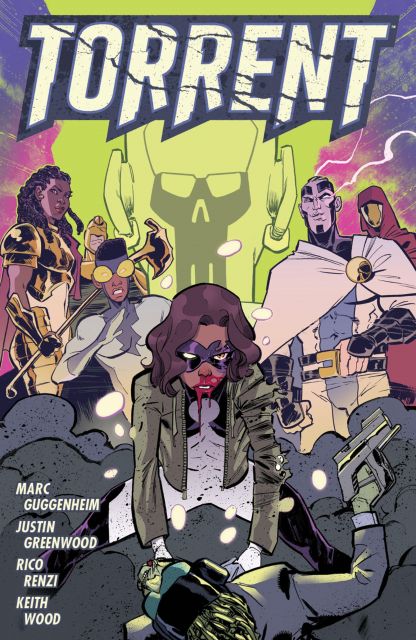


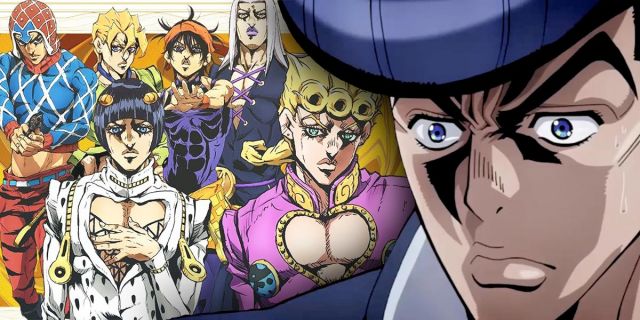
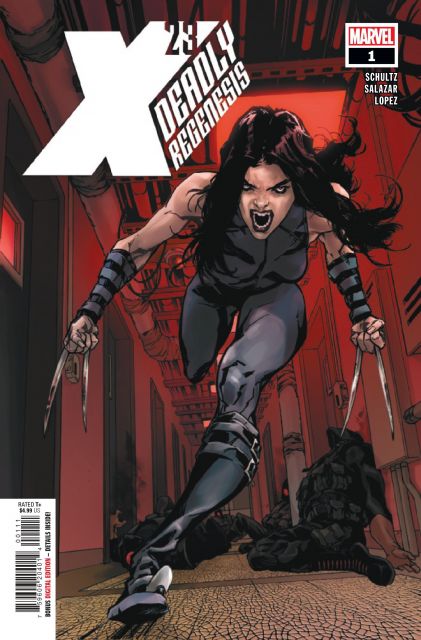
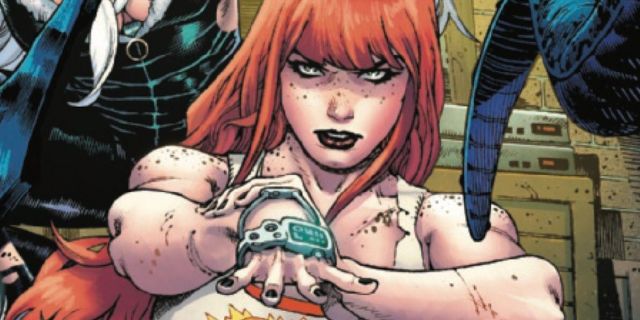
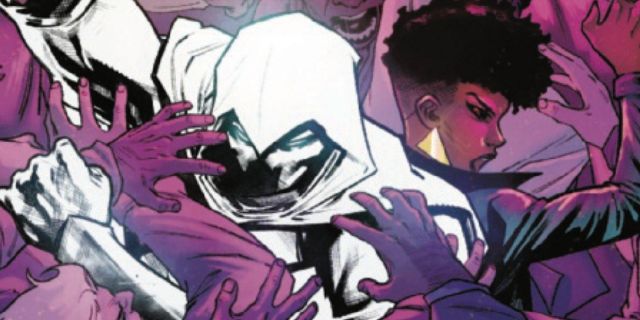
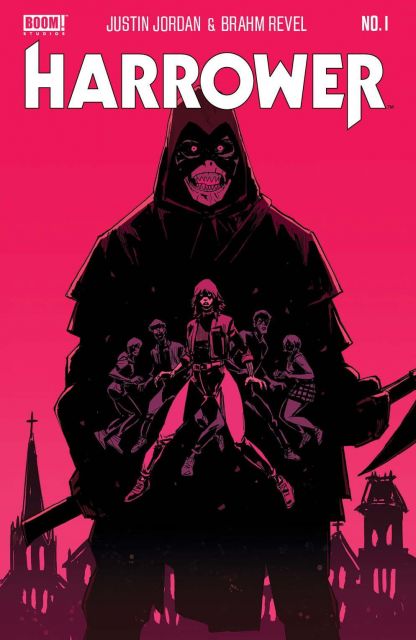
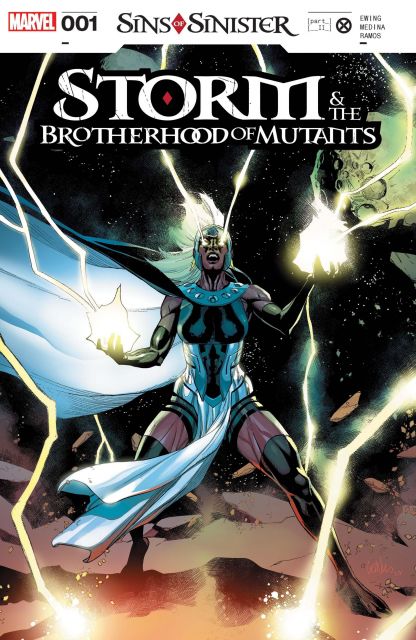
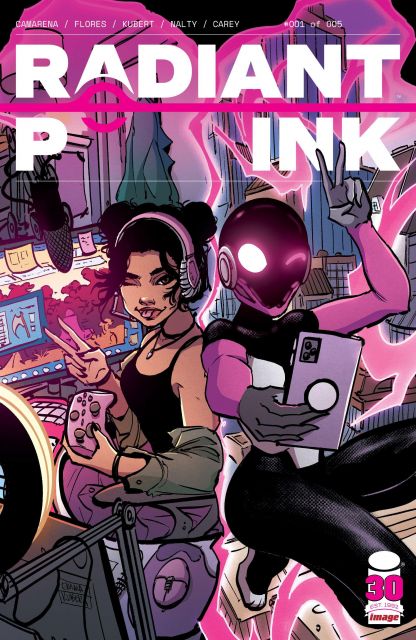
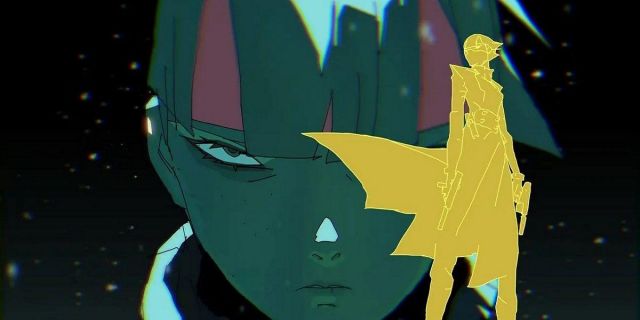




Leave a Reply